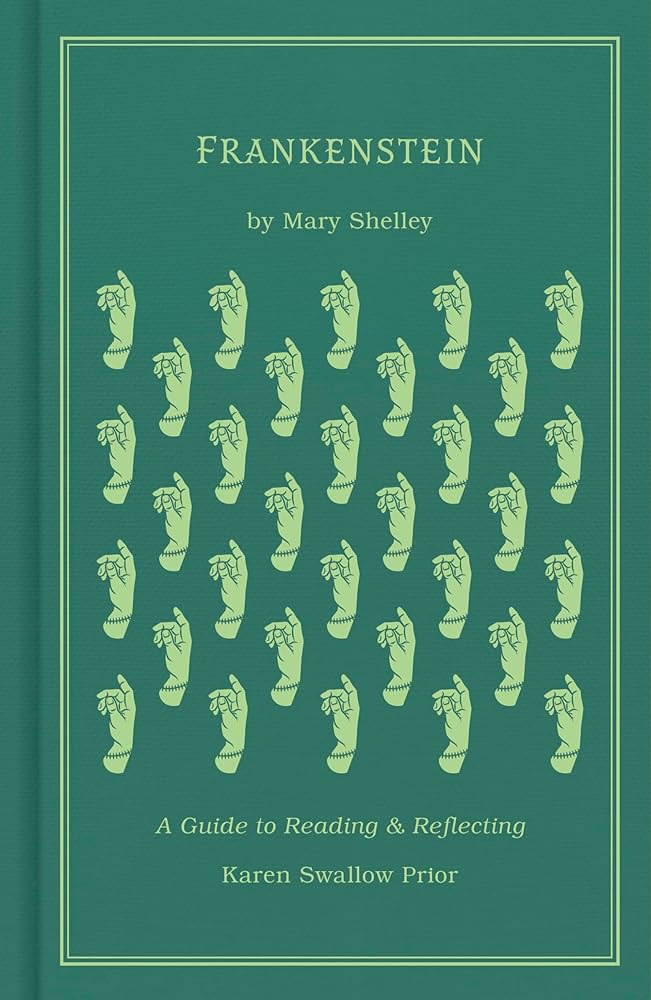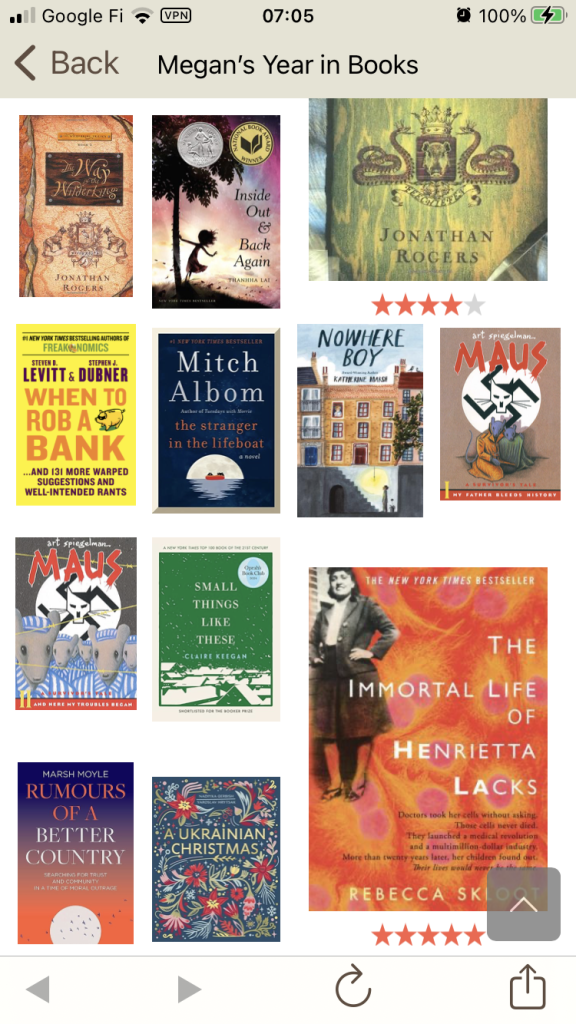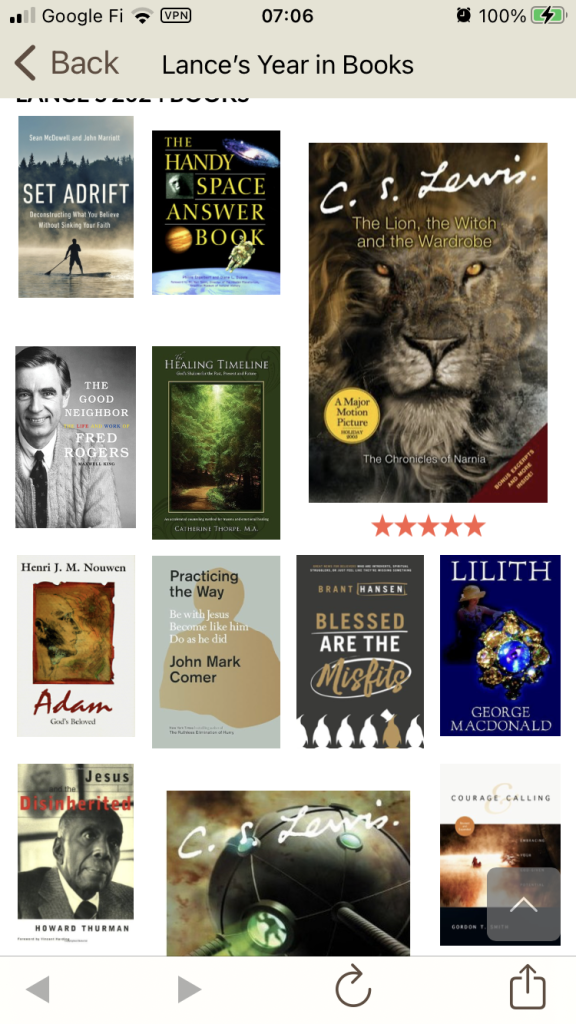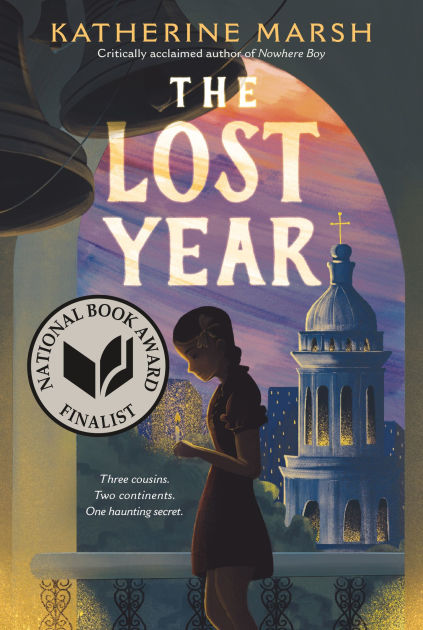Adorning the Dark by Andrew Peterson
4/5 stars
A formational book review by Megan
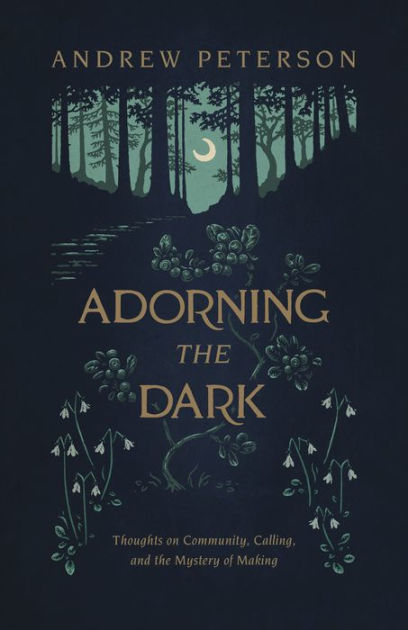
“Sometimes you have to do the work even if you don’t feel like it. Sometimes you have to put away your wants and do what needs to be done, which really means dying to self in order to find life.”
Adorning the Dark is all about community, calling and creating told through the life of Andrew Peterson. It is part biography, part spiritual growth, part handbook.
Reading as a Disciple
“Over the gateway of Self is a sign that says, “Abandon hope, all ye who enter.” It is a hellish, helpless place. Die to self. Live to God. Let your words and music be more beautiful by their death in the soil of worship, that the husk of your own imperfection might fall away and germinate into some bright, eternal song only God could have written.”
Dying to self is one of those Christian phrases that we hear often but are completely unsure how to live out. I like this quote because it gives some framework for that living out. I should desire that my “own imperfection might fall away and germinate into some bright, eternal song.” So much of dying to self, is being ok with our imperfections and letting God use our willingness to serve and obey despite what we see as weaknesses. Peterson gave many examples of doing things that were bigger than himself, it was not what was “advised” but what he felt God leading him to do and God was glorified.
Reading Communally
“You’ll be tempted to slow down, or take an easier route- but it is only by discipline that you’ll finish, and it is only in finishing that you’ll be able to offer up your humble work to those weary souls who may need it.”
I can say that discipline is not something I excel at. It takes a lot of effort to practice discipline. Even for something I enjoy like carving, I know I should practice more but there are days I’m tired or feel “uninspired.” Peterson urges the reader to practice perseverance in whatever craft you practice, not just for ourselves but also for the benefit of others. We are offering up beauty and truth to others and what people do with that is “[God’s] business and none of [ours],” a paraphrase of a Flannery O’Connor quote that Peterson mentions. Being in community can bring growth and refinement as others weigh in on our offerings but can also bring confusion and discouragement if we put too much weight on the opinions of others. It is a fine line to walk, between doing what we feel God has led us to do and listening to the outside voices, even those of people we respect. It is a tension to manage.
Final Thoughts
I thoroughly enjoyed reading Adorning the Dark. It was masterfully done, it didn’t feel like a “teachy” book, it had plenty of stories from Andrew Peterson’s life but there was much to ponder and reflect over. It is for any artist but it is aimed more for singers and songwriters.
Other books:
Not only is Andrew Peterson a musician but he is the author of multiple other books that I would say are must reads including The Wingfeather Saga, which if you haven’t read, go read it now!
